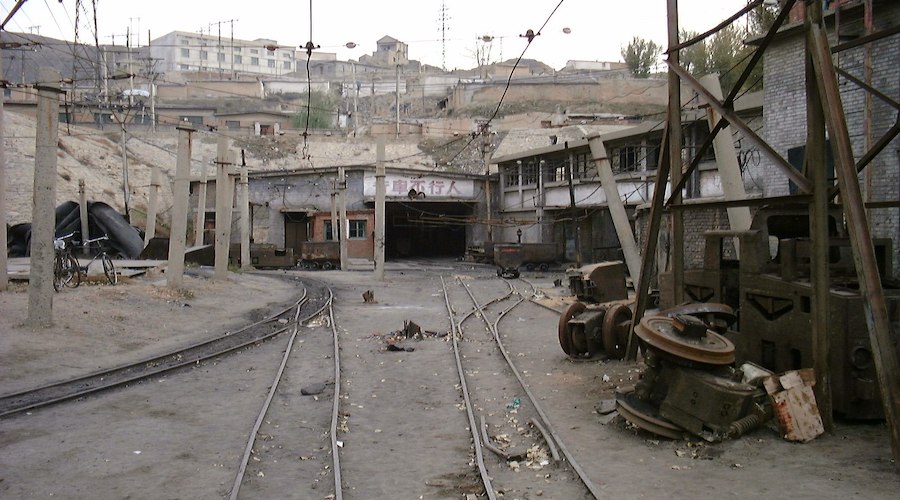
China recorded its second-worst coal mine accident this year, after a fire at a conveyor belt killed 16 in the southwestern province of Guizhou on Sunday.
All-too-frequent fatalities at Chinese mines continue to blight the industry and test the ability of regulators to balance safety with the government’s energy security priorities.
The fire in Guizhou follows a disaster in Shaanxi province in August that killed 11, prompting another round of stricter regulations that pushed up coal prices. Another death was reported earlier this month at a mine in neighboring Shanxi province, the top producer.
The worst incident this year occurred in February at a mine in Inner Mongolia, where 53 died. An investigation led to the arrest of 13 employees at an engineering company involved, after it was determined they’d been reckless in switching the mine from underground to open-pit operations.
Beijing is pushing miners to ensure supply of China’s mainstay fuel to avoid the power crunches that have afflicted the economy in recent years. Another record year for output in the world’s biggest producer is in the offing, although mounting casualties are likely to trigger ever tighter regulation that could ultimately curb supply and drive prices higher.
Mine owner Guizhou Panjiang Refined Coal Co. is the top supplier in southwest China, according to its latest earnings release. The company added 1.2 million tons of new capacity in the first half of the year, even as net income halved after coal prices fell. Its stock dropped on Monday by as much as 6% in heavy volume in Shanghai before paring losses.
China’s southwest was hit hard last year by power shortages caused by an epic drought that sapped the hydropower on which the region relies. A seasonal dry spell looms in November, when coal is likely to shoulder more of the burden of electricity production for factories and households.
Benchmark thermal coal prices have risen in recent weeks amid the heightened scrutiny on safety and as the economy enters a busier period. But they’re still about a third lower than this time last year — a situation that could change if Beijing responds to the latest fatalities with another round of safety inspections and threats to close operations it deems unsafe.
Comments